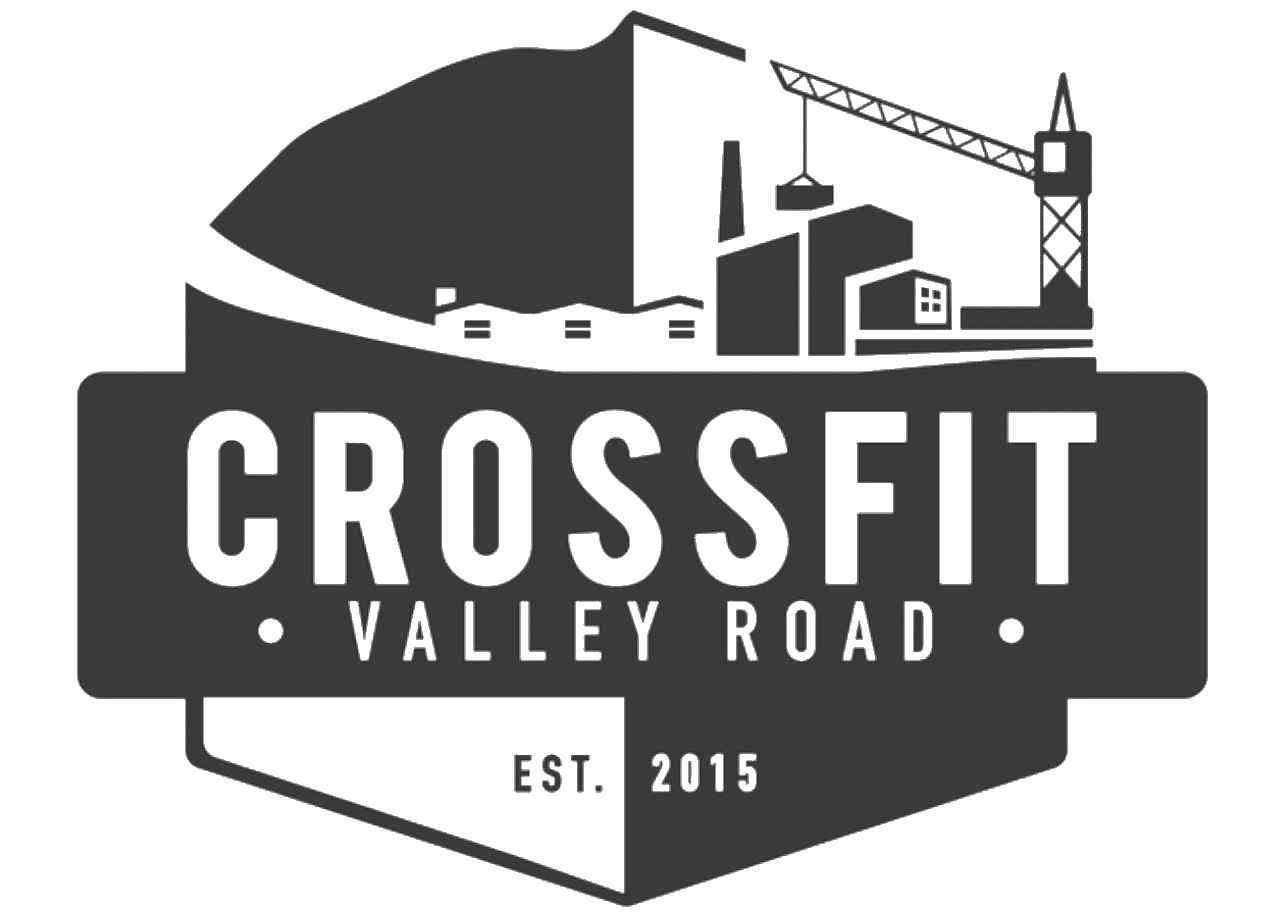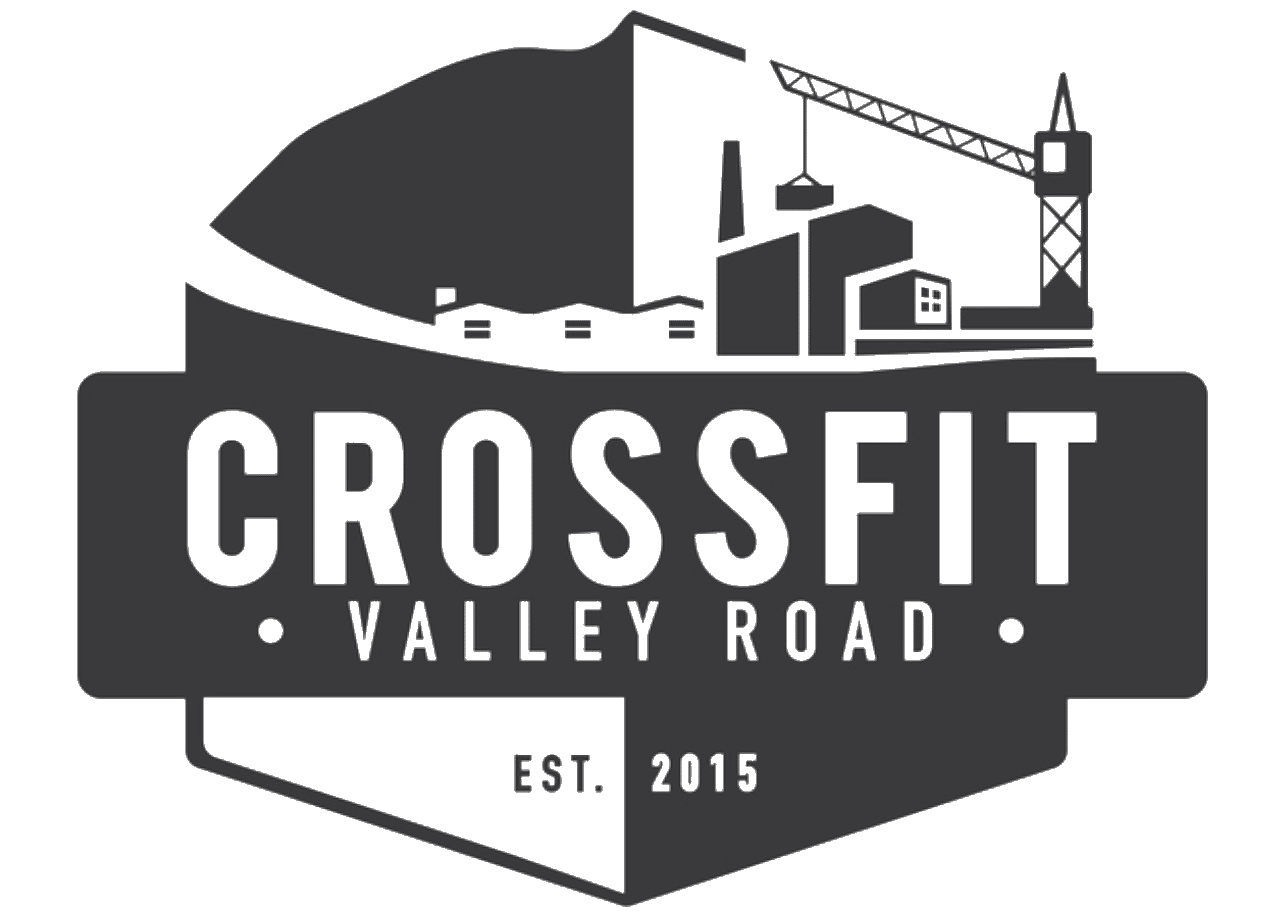Introduction:
In today’s fast-paced world, maintaining balance and taking care of your health has never been more important. Whether you’re a CrossFit enthusiast, a lover of outdoor activities, or someone who doesn’t follow a fitness routine, five foundational habits have a direct impact on your well-being. These habits—sleep, hydration, nutrition, stress management, and exercise—are crucial for optimizing your physical, mental, and emotional health.
In this blog, we’ll dive into each of these habits, explore why they are essential, and highlight how they can affect your life depending on your activity level.
1. Sleep: The Foundation of Wellness
Sleep is the foundation upon which the other habits rest. During sleep, your body undergoes critical repair processes—muscle recovery, hormone regulation, memory consolidation, and immune function enhancement.
- For Athletes: If you’re involved in intense training like CrossFit, adequate sleep (7-9 hours) is necessary for recovery and peak performance. Lack of sleep can lead to increased risk of injury, decreased strength, and poor cognitive function.
- For Active Individuals: For those who enjoy regular activities like hiking or biking, sleep enhances endurance and prevents burnout.
- For Non-Active Individuals: Even if you don’t exercise regularly, sleep impacts your ability to function daily, influencing mood, productivity, and mental clarity.
Tip: Establish a regular sleep schedule and create a relaxing pre-bedtime routine to improve sleep quality.
2. Hydration: Fueling Your Body’s Vital Functions
Water is life. Every cell, tissue, and organ in your body requires adequate hydration to function properly. Hydration is critical for temperature regulation, joint lubrication, digestion, and cognitive function.
- For Athletes: Staying hydrated before, during, and after CrossFit or other high-intensity activities is essential for preventing muscle cramps, maintaining endurance, and aiding recovery.
- For Active Individuals: Proper hydration supports energy levels during moderate activities, preventing fatigue and promoting mental alertness.
- For Non-Active Individuals: Even if you’re sedentary, dehydration can cause headaches, dizziness, and reduce cognitive performance, impacting your daily activities.
Tip: Aim to drink at least 30-35 milliliters of water per kilogram of body weight daily. Increase intake if you are exercising or sweating more than usual.
3. Nutrition: The Building Blocks of Health
Good nutrition fuels your body and supports everything from energy levels to immune function. Balanced meals that include lean proteins, healthy fats, complex carbs, and a variety of fruits and vegetables are key to long-term health.
- For Athletes: Nutrition is your fuel. For CrossFit athletes, adequate protein intake supports muscle repair, and balanced carbs provide energy for intense workouts.
- For Active Individuals: Eating balanced meals helps maintain consistent energy levels for recreational activities and prevents crashes.
- For Non-Active Individuals: Even if you’re not active, poor nutrition can lead to weight gain, decreased energy, and long-term health problems like diabetes or heart disease.
Tip: Focus on whole foods and prioritize eating a variety of colorful vegetables, fruits and a protein with every meal to ensure you get a range of vitamins and minerals.
4. Stress Management: The Key to Mental and Physical Health
Stress is inevitable, but how you manage it can make all the difference to your overall health. Chronic stress affects sleep, digestion, immune function, and can lead to mental health challenges like anxiety or depression.
- For Athletes: For athletes, managing stress through mindfulness, meditation, or breathing techniques can improve focus and performance while reducing injury risk.
- For Active Individuals: Active individuals benefit from stress reduction as it enhances enjoyment and motivation for outdoor activities or hobbies.
- For Non-Active Individuals: Unmanaged stress can lead to burnout, fatigue, and even health conditions like hypertension. Even for sedentary individuals, stress management is essential for long-term well-being.
Tip: Incorporate stress-relieving activities into your routine, such as yoga, meditation, or simply spending time outdoors.
5. Exercise: The Heartbeat of a Healthy Life
Exercise is often seen as the hallmark of a healthy lifestyle, but it’s more than just a tool for weight loss. Regular physical activity supports cardiovascular health, strengthens muscles, improves flexibility, and boosts mental health by releasing endorphins.
- For Athletes: If you’re into CrossFit or another intensive sport, exercise is about performance, muscle building, and skill development. But don’t forget the importance of active recovery to prevent overtraining.
- For Active Individuals: Consistent, moderate exercise helps maintain fitness, reduces the risk of chronic diseases, and enhances mood.
- For Non-Active Individuals: Even if you’re not a fan of working out, incorporating light exercise like walking or stretching can improve circulation, reduce the risk of sedentary lifestyle diseases, and increase longevity.
Tip: Aim for at least 150 minutes of moderate-intensity activity per week, as recommended by health experts. This includes activities like brisk walking, cycling, or swimming.
Conclusion: Balance Is Key, No Matter Your Lifestyle
No matter who you are—an athlete, an active person, or someone who avoids exercise—the five habits of sleep, hydration, nutrition, stress management, and exercise are the building blocks of a balanced life. By prioritizing these habits, you’ll improve your physical and mental health, boost energy levels, and increase longevity.
Remember, small changes lead to significant improvements. Start today by incorporating these habits into your routine and experience the benefits of a more balanced, healthy life.




